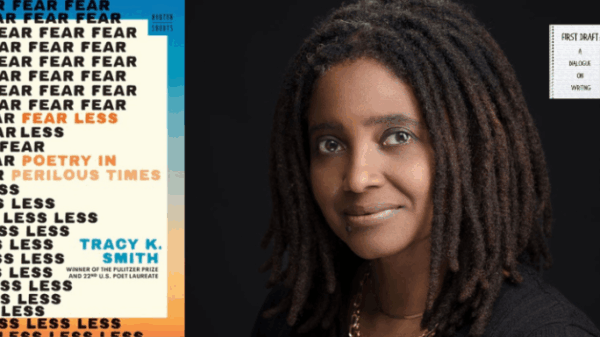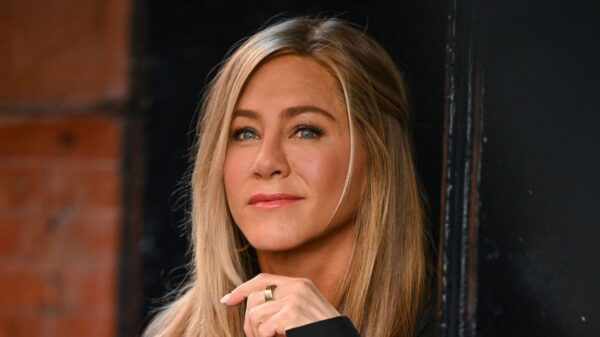A recent exchange of views has emerged regarding the existence of God, igniting a discussion about the nature of evidence and belief. In a letter published in response to Mike Carroll’s article, Ian Cook, who identifies as an atheist, argues that there is no “testable evidence” supporting the existence of a deity. Cook critiques Carroll for failing to provide any concrete proof of the supernatural.
Cook’s perspective suggests that only scientifically provable evidence can validate claims about God and existence. This materialist viewpoint confines reality to aspects that can be measured and empirically verified. Under this lens, emotions and love are reduced to mere physiological responses dictated by DNA. Consequently, the supernatural is dismissed, leading to a worldview that some may find sterile and unfulfilling.
Understanding the Limitations of Materialism
Critics of this materialist perspective, including Perry Albin, emphasize that many of life’s most significant experiences cannot be quantified through scientific means. Albin argues that moments of profound love, pride in others’ achievements, and acts of heroism often defy empirical validation. He asserts that the beauty found in nature, such as the song of a bird or the artistry of a painting, transcends what can be measured in a laboratory.
The argument posits that there are realms of knowledge and understanding that exist beyond the confines of science. By dismissing these aspects, individuals may overlook a fundamental part of human experience. Albin contends that the refusal to acknowledge these dimensions does not negate their existence; they remain an integral aspect of reality.
Albin’s reflections highlight the rich tapestry of human experience, suggesting that life is not merely a sequence of measurable events. Instead, it is filled with emotions and connections that provide depth and meaning. Acknowledging these elements does not necessarily diminish the scientific pursuit but rather complements it, offering a more holistic view of existence.
A Broader Perspective on Faith and Evidence
The ongoing dialogue between proponents of atheism and those who hold religious beliefs underscores the complexity of the subject. Many individuals find themselves navigating a blend of scientific understanding and personal belief systems. The challenge lies in reconciling these often disparate views in a manner that respects both the empirical and the emotional aspects of life.
As discussions continue, it is clear that the conversation surrounding the existence of God and the nature of evidence will remain a topic of interest. The interplay between scientific inquiry and the search for meaning invites individuals to explore the nuances of their beliefs and the evidence—or lack thereof—that supports them.
In conclusion, the exchange initiated by Ian Cook and responded to by Perry Albin serves as a reminder of the diverse perspectives surrounding spirituality and evidence. While Cook emphasizes the necessity of scientific proof, Albin advocates for recognition of the profound and often unmeasurable aspects of human existence. This ongoing dialogue enriches the broader conversation about faith, belief, and the nature of reality itself.








































































